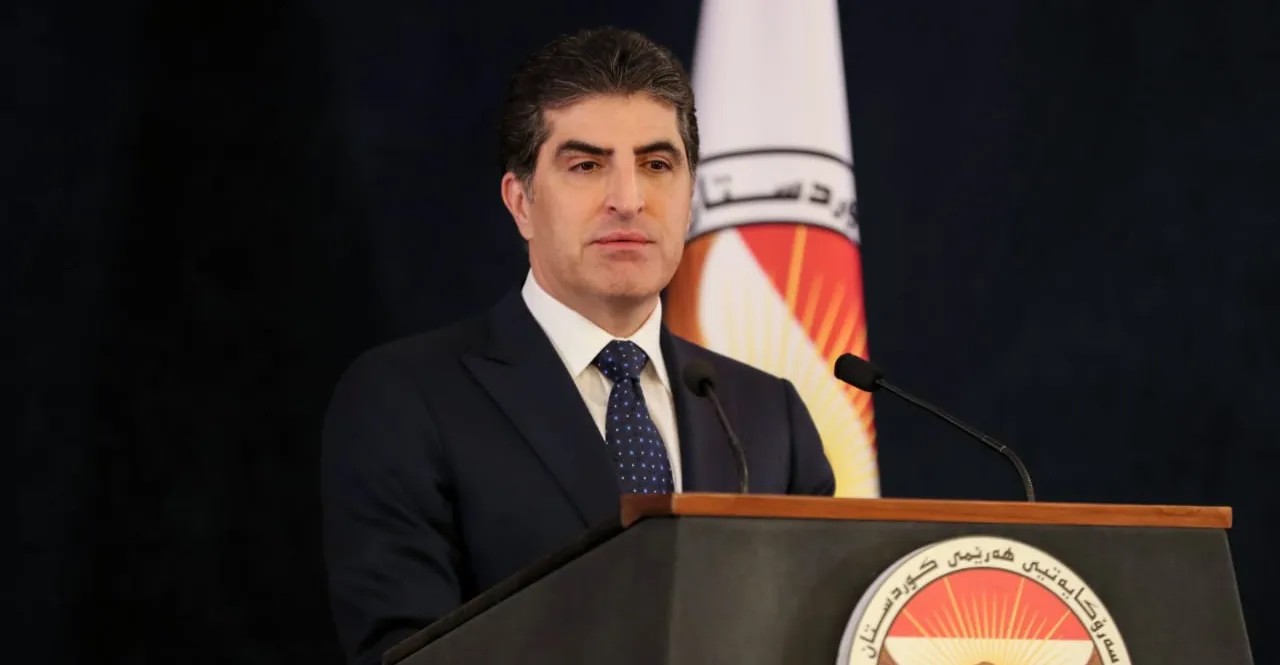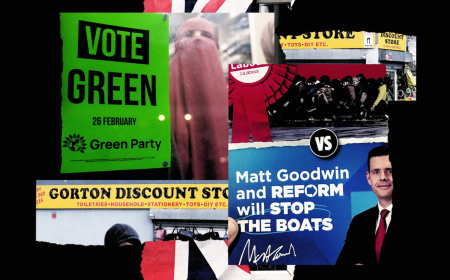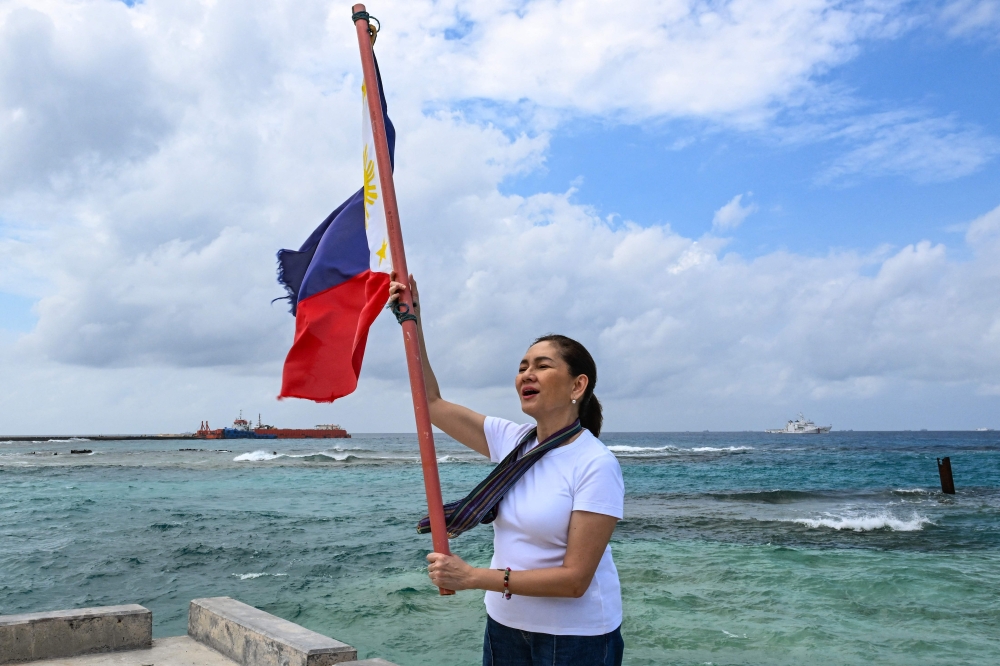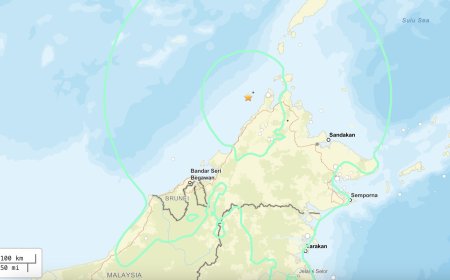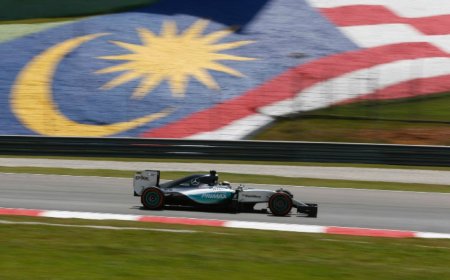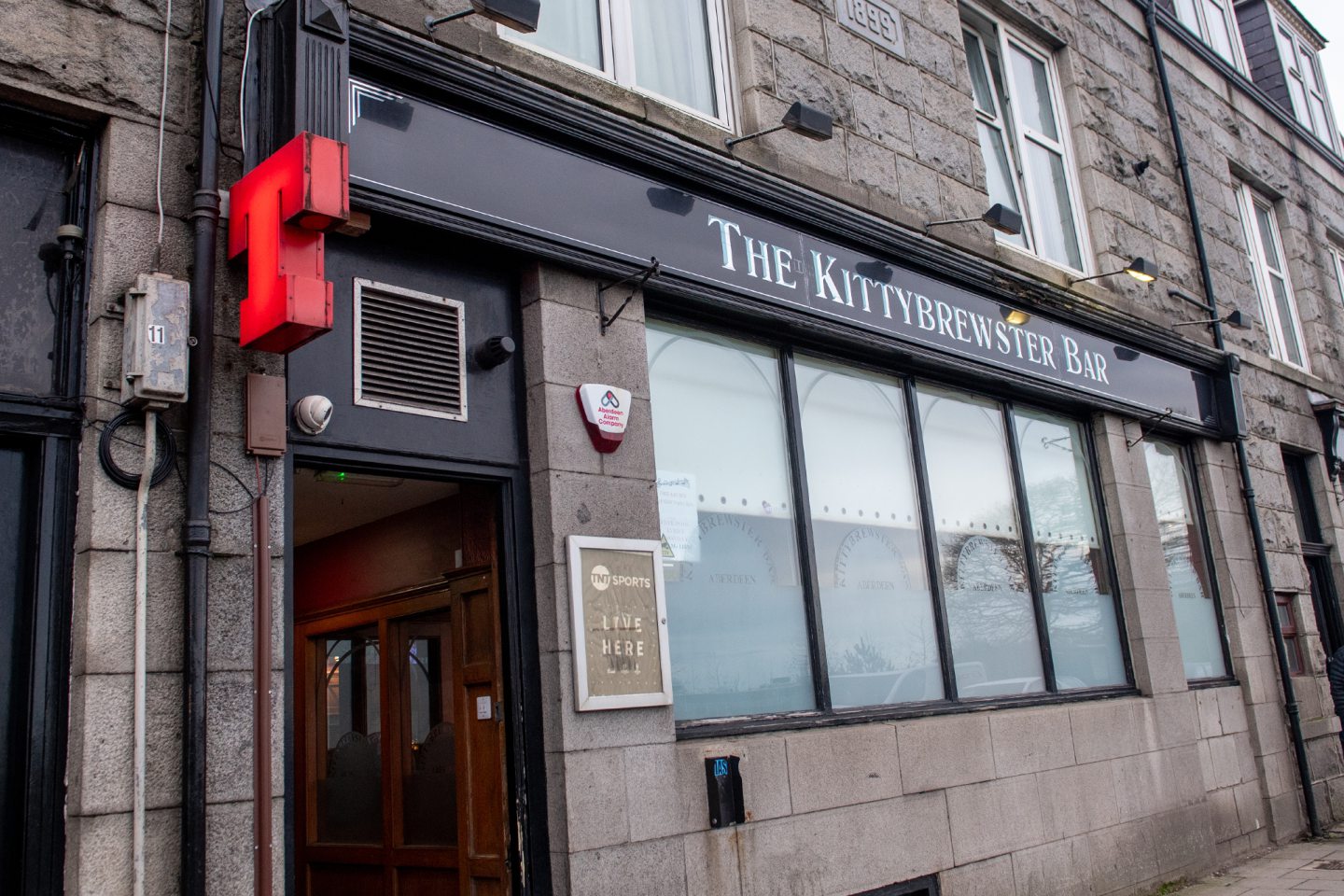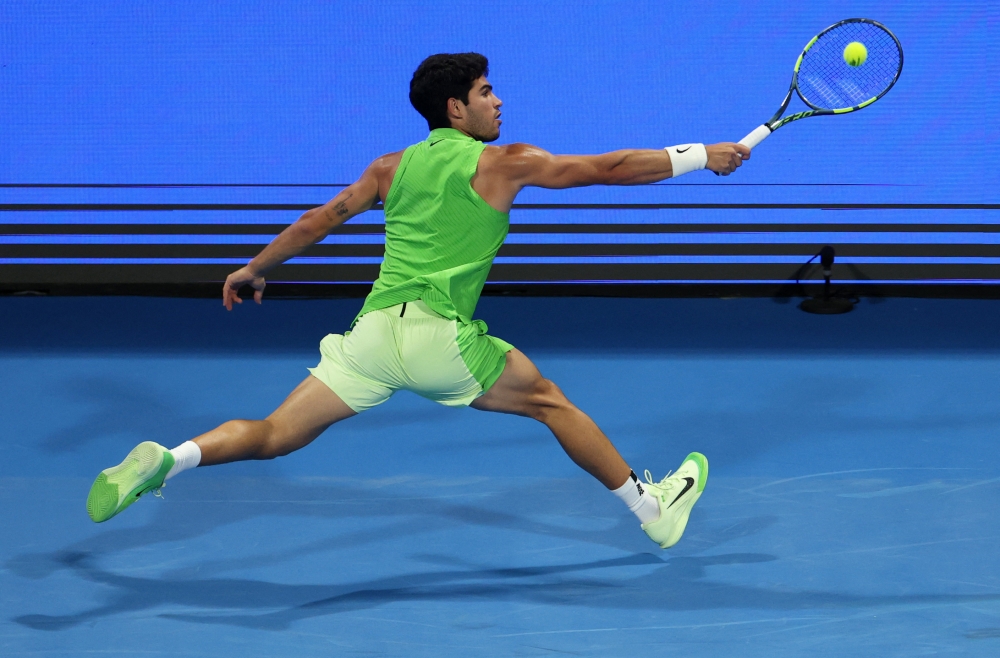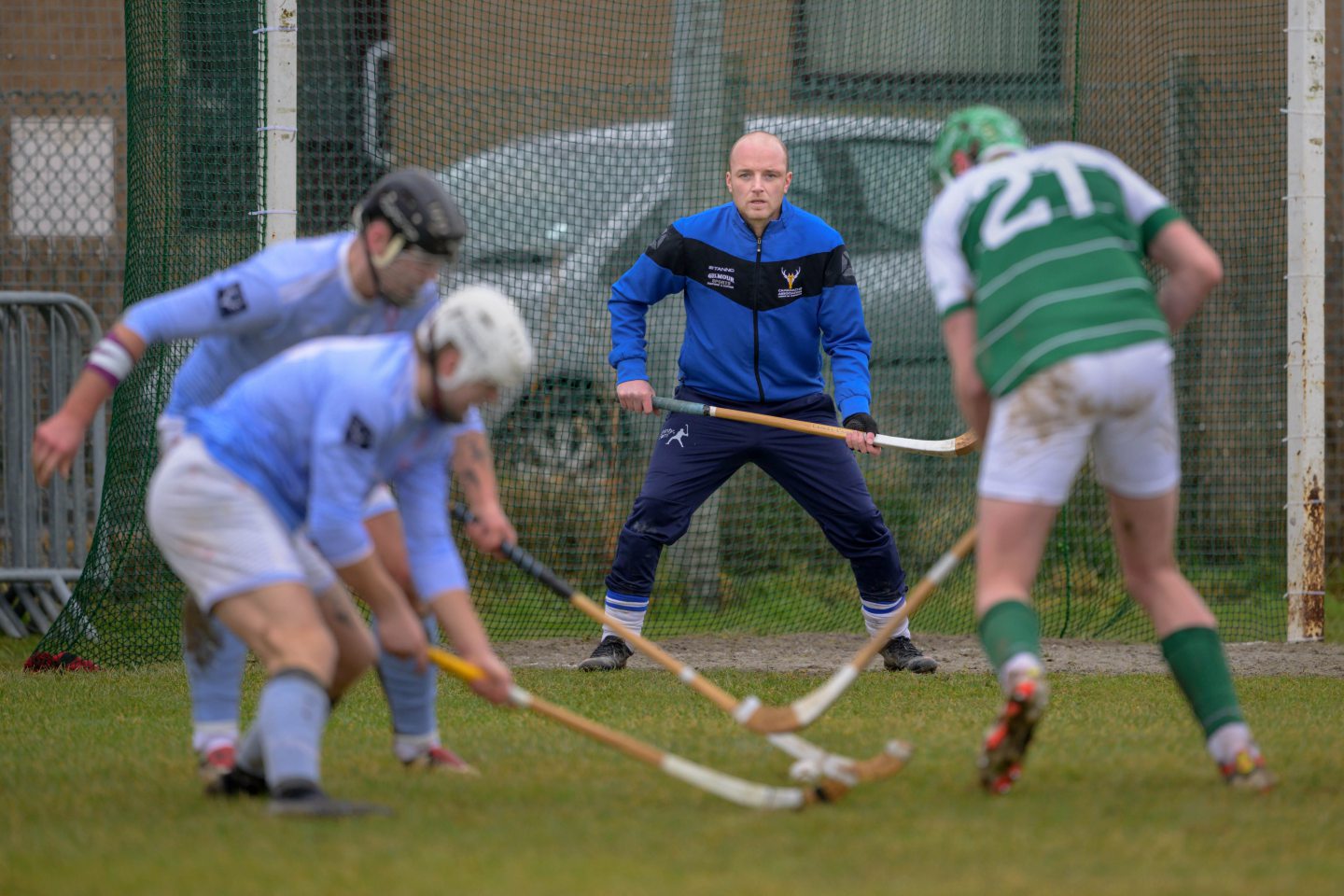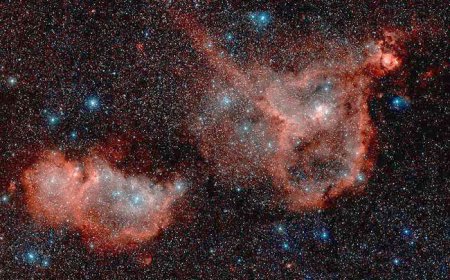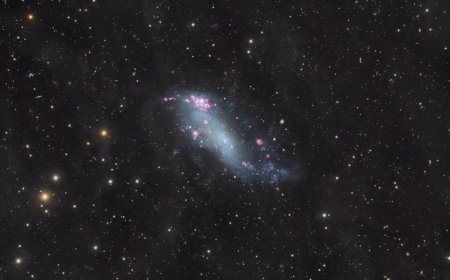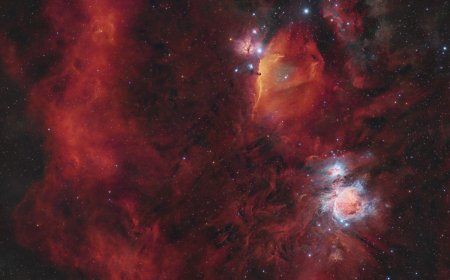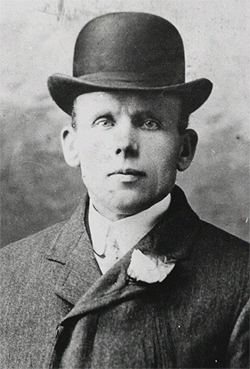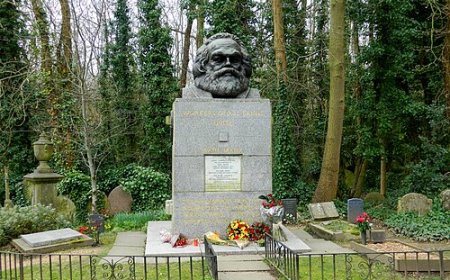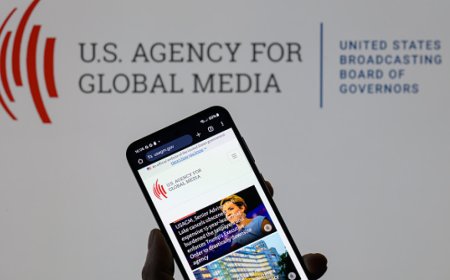President Barzani meets PM Sudani, Hakim as post-election talks begin to take shape

ERBIL, Kurdistan Region - Kurdistan Region President Nechirvan Barzani on Tuesday received Iraqi Prime Minister Mohammed Shia’ al-Sudani and senior Shiite cleric and politician Ammar al-Hakim in Duhok, where they discussed Iraq’s political landscape following the 2025 legislative elections.
President Barzani and Prime Minister Sudani lauded “the successful electoral process,” emphasizing “the importance of collaborative efforts and coordination among political factions ahead of the next stage.” The two top officials stressed adherence to the constitution as “a fundamental principle for safeguarding state institutions, addressing issues, and ensuring the rights of citizens.”
Iraq held its early legislative elections on November 9 and the general vote two days later. On Monday, the Independent High Electoral Commission (IHEC) announced the final results, with Sudani’s Reconstruction and Development Coalition (RDC) securing 46 seats in the 329-member parliament.
In a statement from Sudani’s office, President Barzani and the Iraqi Premier were quoted as highlighting dialogue “as the foundation for preserving stability and sustaining the democratic system.” They further urged accelerating “development, reconstruction, and economic reform.”
The meeting between President Barzani and Prime Minister Sudani was held on the sidelines of the Middle East Peace and Security (MEPS) Forum in Duhok.
Speaking at the event, the Iraqi premier confirmed that his coalition is part of the largest parliamentary bloc, formed by the Shiite Coordination Framework a day earlier, anticipating a swift government formation.
The Coordination Framework had on Monday announced the formation of the largest bloc in parliament - a crucial step for nominating the next prime minister.
Since the 2003 US-led invasion, Iraq’s informal ethno-sectarian arrangement has designated the premiership for Shiites, the speakership for Sunni Arabs, and the presidency for Kurds. Under this political practice, the largest parliamentary bloc nominates the prime minister-designate tasked with forming the next government.
While Prime Minister Sudani has repeatedly voiced his desire for a second term, it remains unclear whether the Coordination Framework - which backed him to premiership in October 2022 - will support him again.
Speaking at the MEPS forum, Sudani said his bid for a second term “is not a personal ambition as much as it is a readiness to bear the responsibility to complete a project we started and achieved progress on the ground.”
Addressing calls by some politicians to give the Iraqi presidency to Sunni Arabs instead of Kurds, Sudani noted that current “political custom contributes to guaranteeing the interests of all Iraqis, [so] we see no reason to change it.”
Also in Duhok on Tuesday, President Barzani received Hakim, head of the Hikmah Movement and a key figure in the Coordination Framework. The two discussed “the political landscape in Iraq and the aftermath of the elections, as well as relations between Erbil and Baghdad and efforts to address them,” read a statement from the Kurdistan Region Presidency.
They emphasized continued cooperation among political parties to ensure “the success of the political process and to uphold stability” in Iraq.
Earlier in the day, Hakim also participated in the MEPS forum, stressing that the next Iraqi government must be “strong in its decision-making, effective in representing its components, and balanced - capable of seizing regional and international opportunities before they turn into losses.”
He further linked political stability to social cohesion. “There is no political stability without civil peace, recognition of peoples' specificities, interests, and their national, religious, sectarian, and cultural affiliations,” Hakim stressed.
On Erbil-Baghdad ties, the influential Shiite cleric affirmed that the Kurdistan Region “is an original component of the constitutional federal structure,” calling for a shift from “recurrent crises management” to “sustainable cooperation.”
He further rejected portrayals of Iraq as a regional battleground, insisting the country’s “natural role is to be a bridge between East and West and a meeting point for dialogue… not an arena for settling scores.”
[Source: Rûdaw English]
